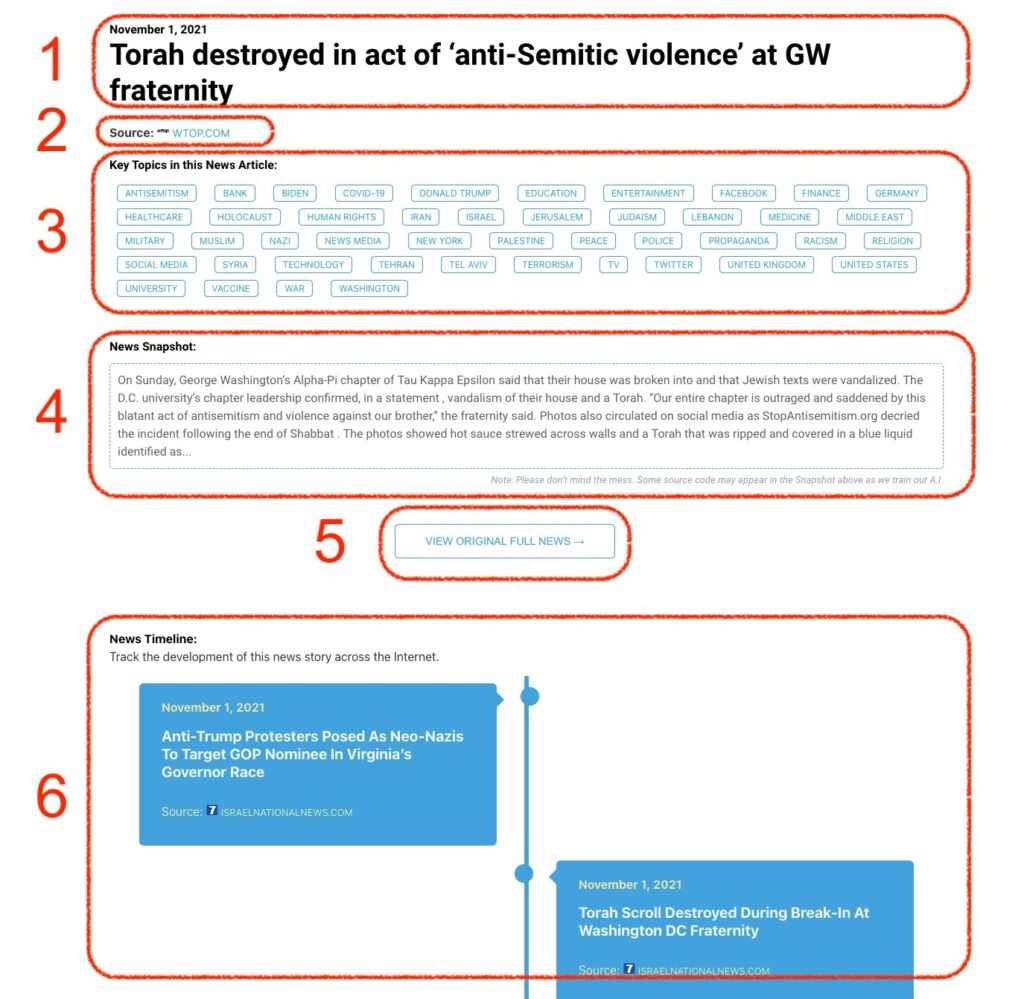Within days of Russia launching its full-scale invasion of Ukraine in 2022, Olaf Scholz announced a Zeitenwende, or historical “turning point”. The then German chancellor promised a security transformation by increasing defence spending, sending more aid to Ukraine, taking a tougher approach to authoritarian states and rapidly reducing Germany’s dependence on Russian energy. It was a psychological turning point for a country haunted by its Nazi past but now expected to step up – as the biggest economic power in Europe – to a threat to the continent. However, two years later, the German Council on Foreign Relations published a...
Monitoring Antisemitism Intel

